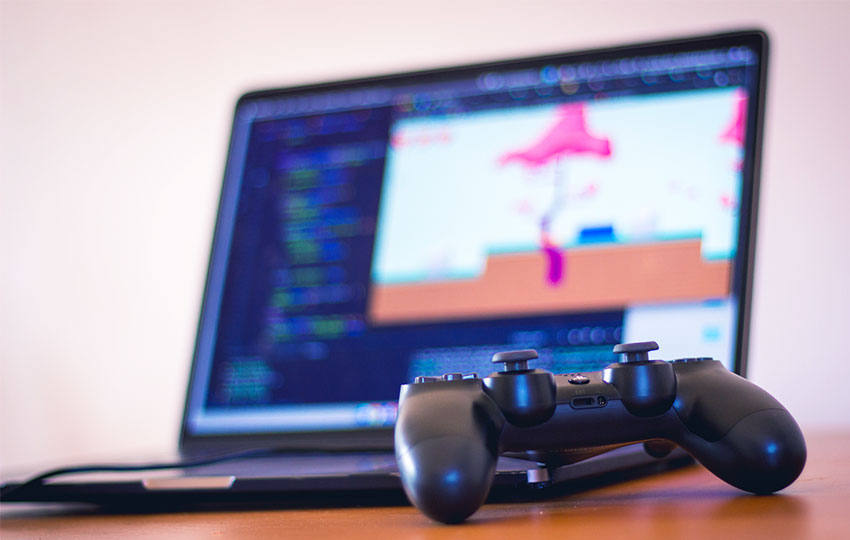It is a well-known fact that education is the key to every successful action. Education drives the economy. It drives societies and it is responsible for the evolution of so many different fields that affect us on a daily basis.
However, with the way technology is evolving every single day, it is very easy for young people to get distracted and bored with school lessons. As a result, we can notice a relative decrease in the performance rate of both students as well as teachers.
To put it simply, lessons at schools and higher-education institutions are not interesting enough. As a result, people are turning away from education at a very fast pace. This has created the need to create new visual stimuli for education, in an effort to bring students back by providing them with interesting lessons. This is why gamification and education are utterly connected.
Gamification is the use of game design and mechanics to enhance non-game contexts by increasing participation, engagement, loyalty and competition. These methods can include points, leaderboards, direct competitions, and stickers or badges, and can be found in industries as varied as personal healthcare, retail—and, of course, education.
Games can certainly make things a lot more interesting for young children. Adding games to education will increase their performance and will certainly make school lessons a lot more interesting. For that reason, a lot of gamification platforms have been created specifically aiming to improve school lessons and increase student productivity.
European projects aiming at improving education for everyone have picked up the importance of gamification in education. As a result, we see more than enough EU projects out there, using the gamification method to make sure that they will be able to create the most interesting educational material to be used by students at school and in a more advanced level, at universities.
One of those projects is the GEM- Gamification Methods for Educational Management’’ The specific context of this project is related to the lack of capacity of the formal educational systems to develop learning methods that prove to be attractive for young people and also to the opportunity non-formal education conveys in order to explore innovative and tailored methodologies for youth education, methods that could be transversal, and extend to formal education as well. In the past 4 years, the European Commission has supported various initiatives and projects exploring the field of gaming and gamification as a support methodology for education or other fields.
In 2016 the European Commission launched three H2020 ICT Calls for proposals: supporting ICT transfer to the European creative industries, boosting synergies between artists, creative people and technologists and Gamification in different areas.

